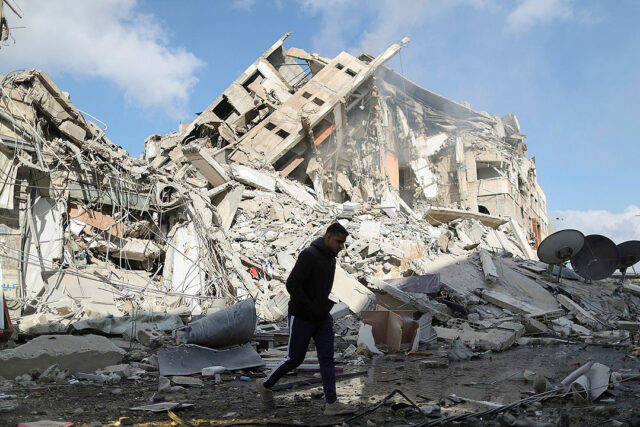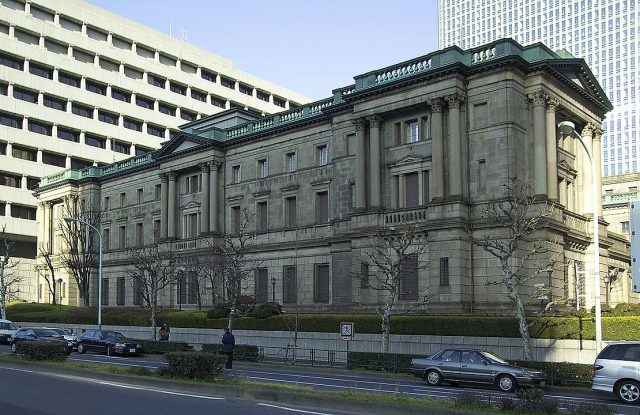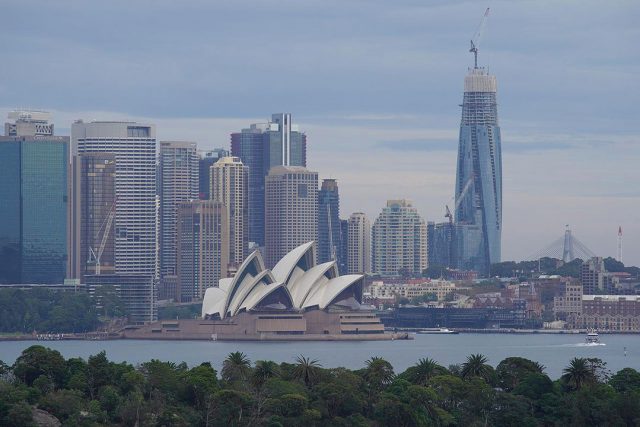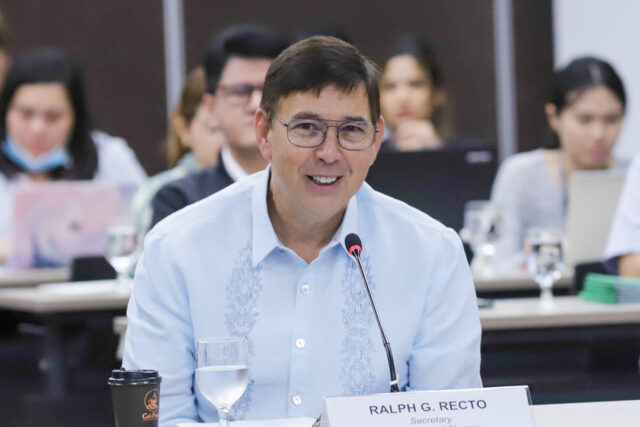Lakers polarity
The Lakers got back on track with a win the other day, but mixed emotions were evident in the aftermath. They were happy, to be sure, with the triumph overcoming the stench of an abhorrent setback versus the supposedly inferior Nets in their previous outing. The Blazers may have been patsies as well, but they took care of business from the get-go and never let up. So even though all the effort merely got them back to .500 ball, it’s fair to argue that they had enough positives from the outing to build on as they endeavor to improve their standing in the second half of the season.
Significantly, not a few observers wondered why the festive mood was laced with no small measure of melancholy. LeBron James shared a telling hug with Austin Reaves, who just so happens to be the subject of trade rumors. D’Angelo Russell, himself being dangled as bait for coveted talent, seemed to shed tears on the bench, and again during his presser. Rui Hachimura, yet another name being touted as available for the taking by interested parties, looked wistful. Which made the scene all the harder to absorb.
If anything, the sight of long faces greeting an otherwise fine victory underscored the dichotomy in the Lakers locker room. As Russell noted, they all like each other, and genuinely want to be together. On the other hand, the roller-coaster ride they are currently on makes the maintenance of esprit de corps difficult with each passing day. Such is life in the National Basketball Association — and even more so with the Lakers, where there are high thresholds for success regardless of circumstance. For the purple and gold, it’s invariably the championship or bust.
It’s no coincidence that Russell has been playing lights out of late. After all, he did regain his spot on the starting five, and his minutes increased accordingly. Playing with James, Anthony Davis, and Reaves has enabled him to get open looks, on which he creditably cashes in with his aggressiveness. At the same time, he’s basically doing one more audition for the role that he played to the hilt last year as the Lakers’ new trade deadline addition. And he’s got a point. Why bank on the unknown when he’s already around, and when all he needs to thrive are the right opportunities?
Interestingly enough, the pressure on the coaching staff to do better was somewhat increased by James apparently calling time to take himself out of the match with the outcome already certain the other day. Critics feasted on footage of Darvin Ham simply taking a cue from him, and then considered it as proof that the Lakers should change the head coach first and foremost. Because that’s not likely to happen, however, the focus is on the personnel. Right or wrong, it’s what will determine their fate.
Anthony L. Cuaycong has been writing Courtside since BusinessWorld introduced a Sports section in 1994. He is a consultant on strategic planning, operations and human resources management, corporate communications, and business development.











